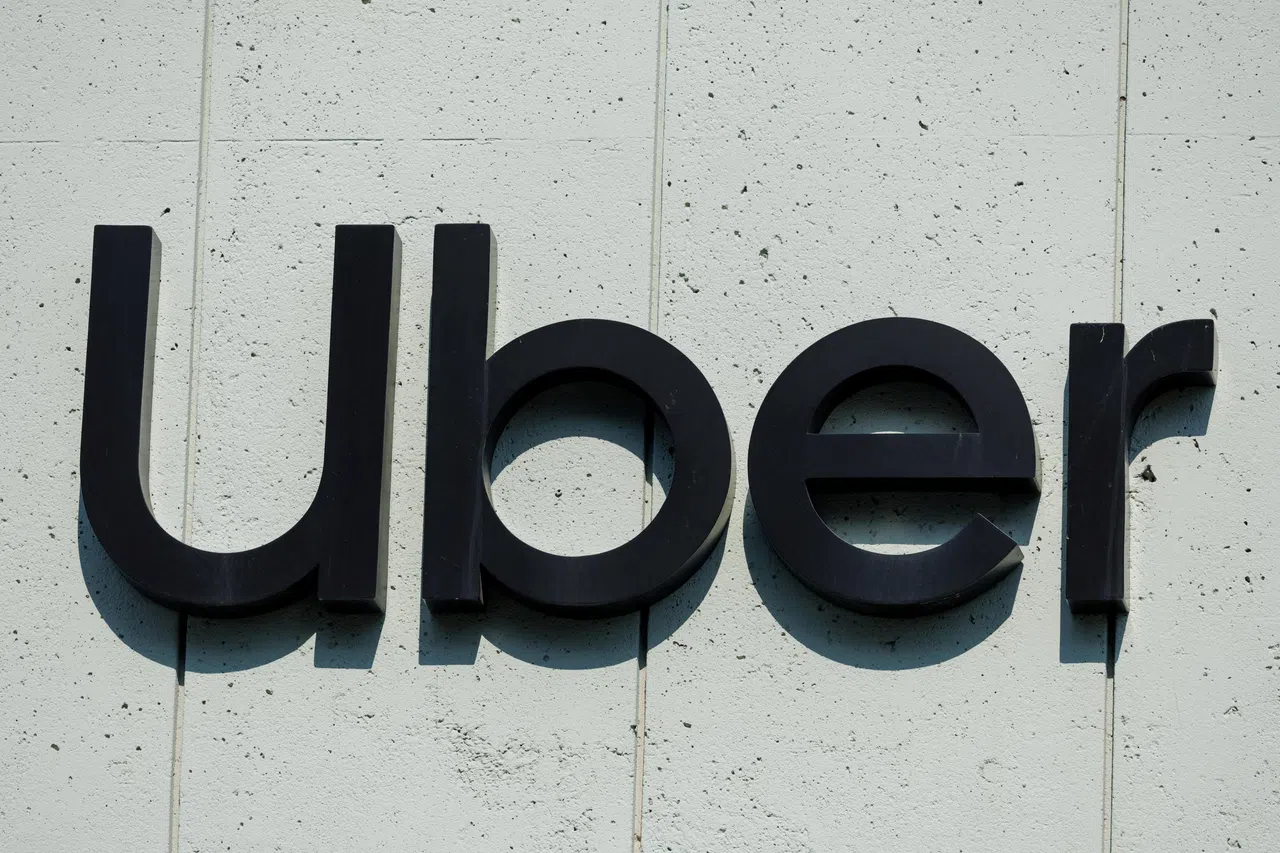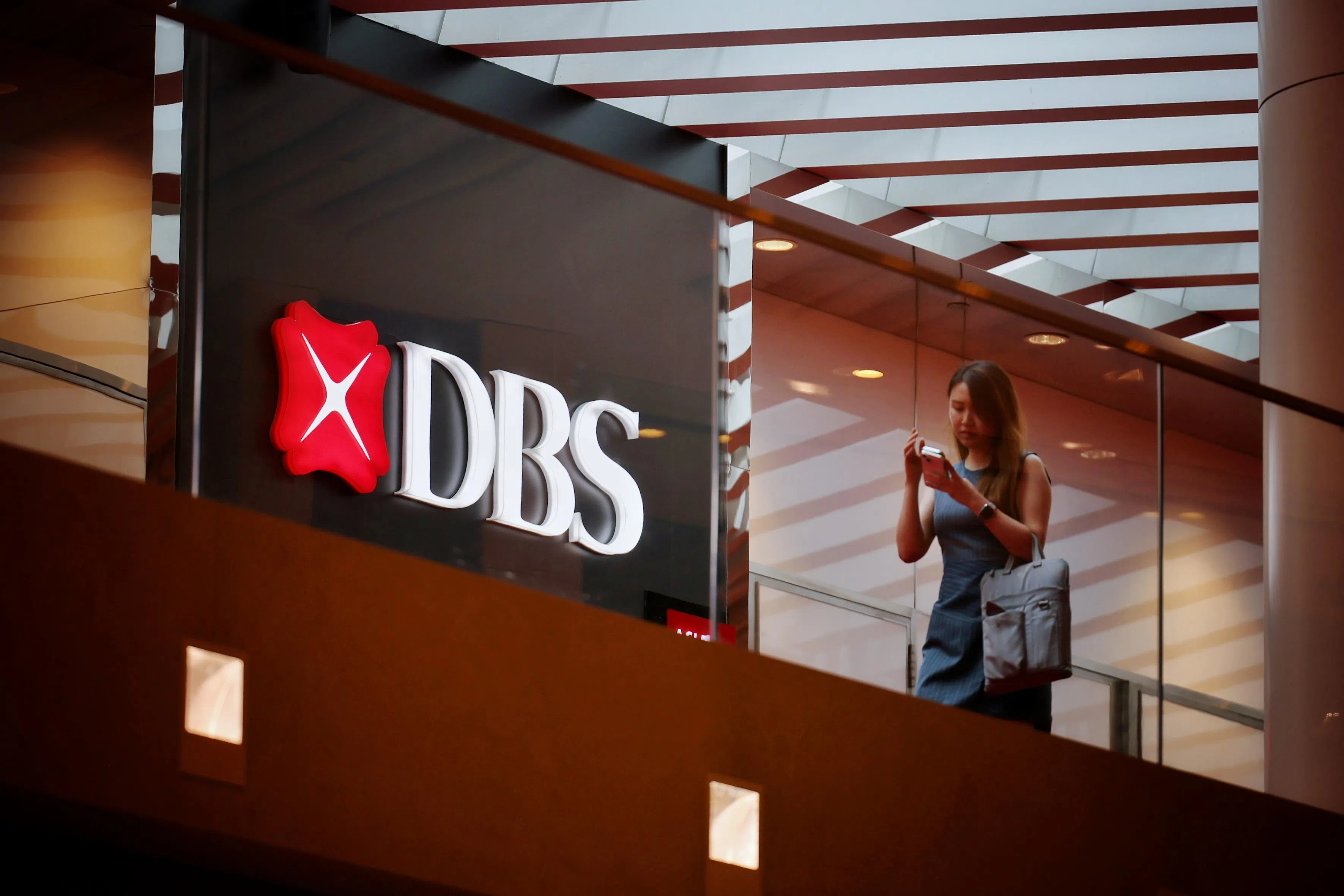UBER forecast second-quarter gross bookings below expectations after missing the target for the first three months on Wednesday (May 8), sending it shares down nearly 10 per cent before the bell.
The weakness in a key metric that denotes the total value of revenue earned on the Uber platform signals demand weakness for the company’s ride-share and food delivery services.
The company’s profitability push, however, is yielding result as core profit for the first quarter and its forecast exceeded Wall Street expectations.
Its report comes a day after Lyft posted better-than-expected results and forecast a strong quarter.
Uber’s smaller rival said it was seeing industry-wide growth in ride-share demand and was able to draw in users with features like shorter wait-times.
Unlike Lyft whose ride-hailing services are limited to the US and parts of Canada, Uber benefits from a larger presence in about 70 countries and a wider range of services, including logistics services.
GET BT IN YOUR INBOX DAILY
Start and end each day with the latest news stories and analyses delivered straight to your inbox.
“Our broader growth portfolio is not only growing quickly but is also seeing improved profitability with scale,” CEO Dara Khosrowshahi said in his prepared remarks.
Uber expects second-quarter adjusted core profit, a key profitability measure, between US$1.45 billion and US$1.53 billion, with its mid-point of US$1.49 billion coming above analysts’ average estimate of US$1.47 billion, according to LSEG data.
It expects gross bookings, or the total US dollar value earned from its services, in the range of US$38.75 billion to US$40.25 billion, below expectations of US$40.04 billion.
Uber posted adjusted core profit of US$1.38 billion in the first-quarter, an 82 per cent surge from a year ago and above expectations of US$1.32 billion.
Revenue rose 15 per cent to US$10.13 billion, narrowly beating the estimate of US$10.11 billion.
Khosrowshahi said growth in the ride-share business was driven by higher airport and office commutes, while the delivery business benefited from new users and higher frequency of orders.
Mobility revenue grew higher than expected at 30 per cent, while sales at the food delivery unit grew below expectations at 4 per cent. Gross bookings came in at US$37.65 billion, shy of expectations of US$37.92 billion. REUTERS




